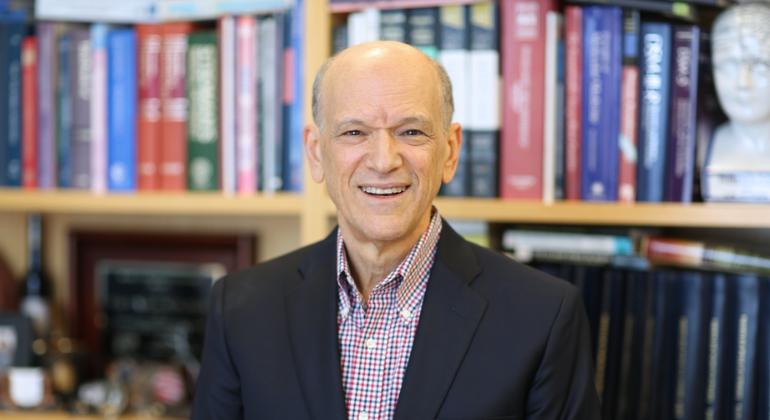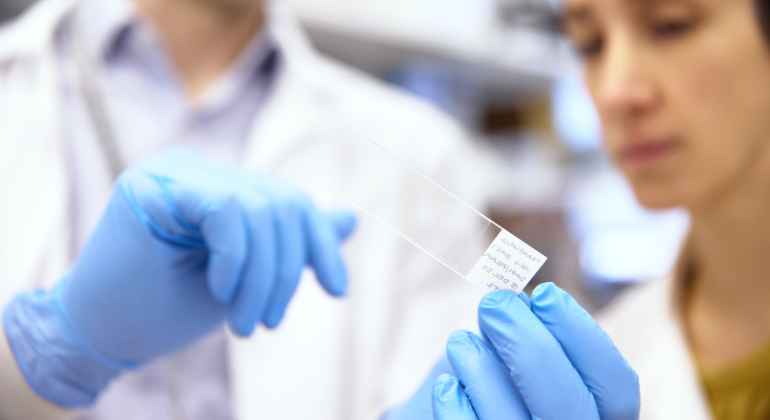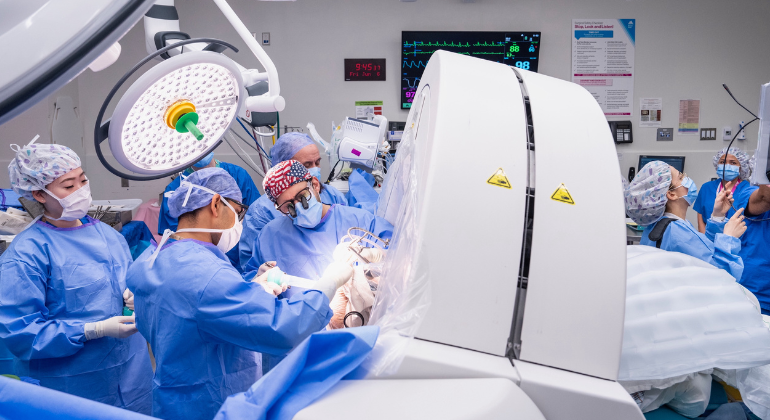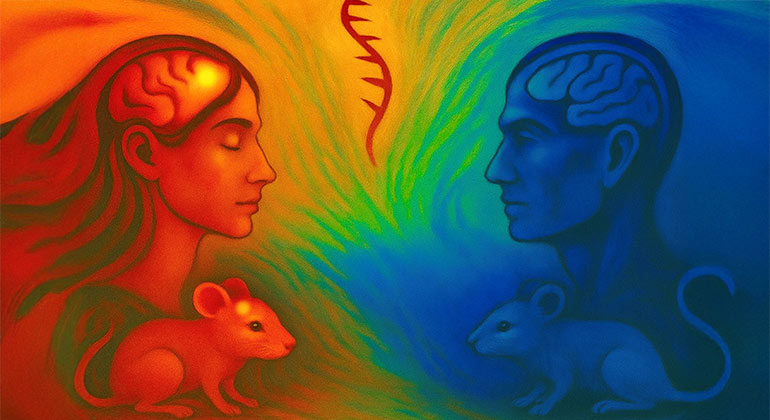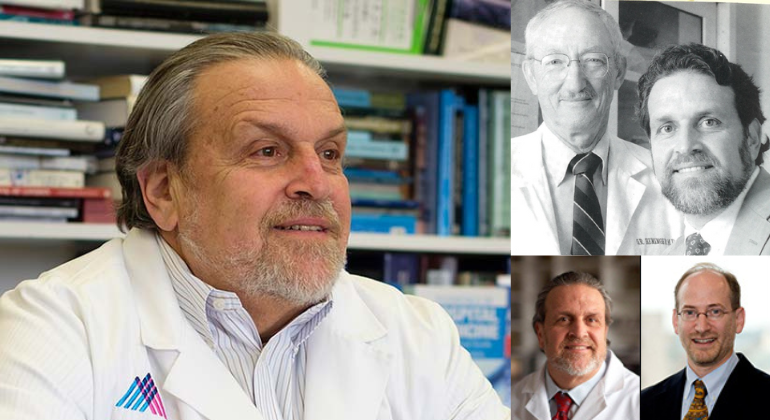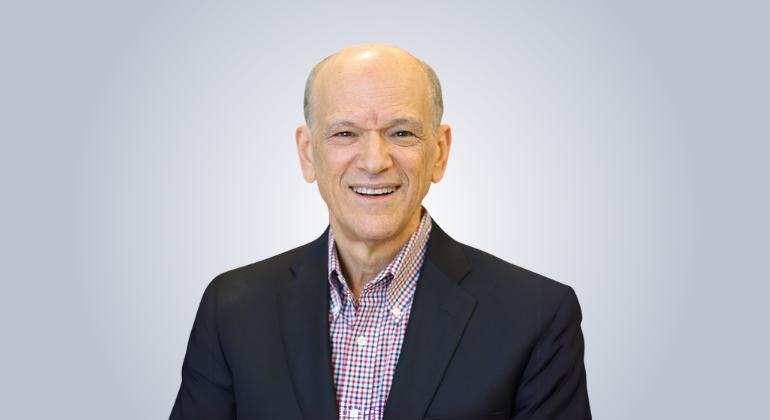Two Mount Sinai Neuroscientists Receive Prestigious Awards From the Society for Neuroscience
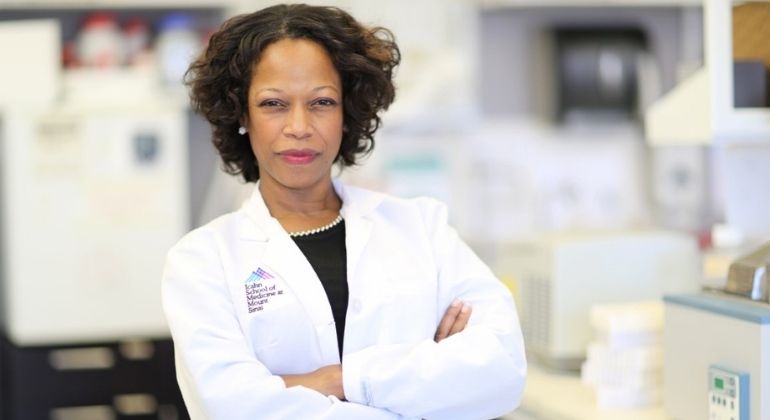
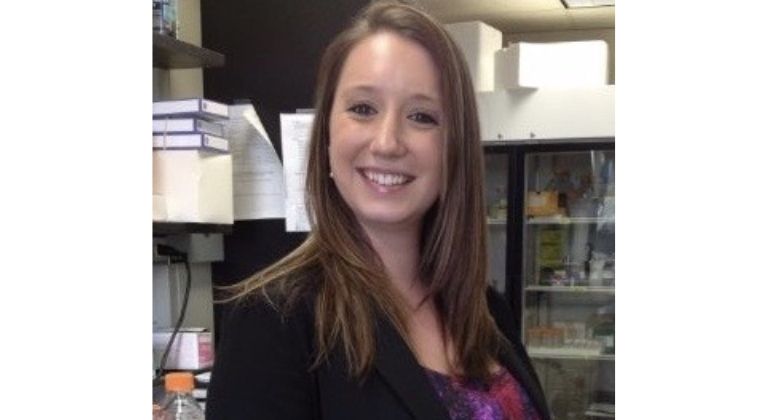
Ashley Lepack, PhD, a former doctoral student at the Icahn School of Medicine at Mount Sinai, and Yasmin Hurd, PhD, Director of the Addiction Institute of Mount Sinai, have received prestigious awards from the Society for Neuroscience (SfN), the world’s largest organization of brain and nervous system scientists and physicians. The awards recognize Dr. Lepack for her innovative doctoral research and Dr. Hurd for her outstanding achievements in research and for promoting the professional advancement of women in neuroscience. The awards were presented during SfN’s Award Announcement Week 2020.
“Drs. Lepack and Hurd are both outstanding scientists, with one making significant contributions to the field of neuroscience early in her career and the other being recognized for a career filled with both outstanding research achievements and dedicated action taken to help advance young scientists in the field,” said Eric J. Nestler, MD, PhD, Dean for Academic and Scientific Affairs, Nash Family Professor of Neuroscience, Director of The Friedman Brain Institute at Mount Sinai, and past president of the Society for Neuroscience. “We are thrilled that SfN has recognized their excellence and commitment by choosing them as the recipients of these impressive awards. These awards underscore the world-leading neuroscience community at Mount Sinai.”
Dr. Lepack received the Nemko Prize in Cellular and Molecular Neuroscience, which recognizes young neuroscientists for a PhD thesis that advanced the understanding of molecular, genetic, or cellular mechanisms underlying higher brain function and cognition. During her thesis work at Mount Sinai, performed in the laboratories of her thesis advisor Ian Maze, PhD, Associate Professor of Neuroscience, and co-mentor, Paul Kenny, PhD, Ward-Coleman Professor and Chair of the Nash Family Department of Neuroscience, she discovered a novel role for dopamine in addiction. While dopamine is known for its role as a neurotransmitter involved in reward signaling and drug addiction, Dr. Lepack revealed its surprising role in directly modifying gene expression in response to cocaine or heroin use, dopamine is chemically added to histone proteins, altering not only gene expression, but also disrupting dopaminergic neuron functioning and triggering addictive behaviors. She also demonstrated that manipulating these modifications can alleviate the addictive behaviors in animal models. In a separate study, Dr. Lepack characterized a novel chromatin “reader” protein, called BRWD1, and discovered its role in normal brain development and in the physiological and behavioral consequences of its triplication in Down syndrome.
Dr. Lepack’s work required diverse technical skills, from analytical mass spectrometry to chemical biology and behavioral neuroscience, understanding new technologies for probing novel histone modifications, and developing unique experimental approaches and molecular and viral tools. Her transformative project translated mechanistic studies to possible therapeutic avenues and was the first to indicate a neurotransmission-independent role for dopamine. Dr. Lepack is now a scientist at BlueRock Therapeutics.
“I am so honored to have received such a prestigious award recognizing all of my hard work during the PhD training phase of my career. I would like to thank my co-mentors, Drs. Ian Maze and Paul Kenny, for all of their support, as well as the Nemko Family and Society for Neuroscience for their recognition of our work,” said Dr. Lepack.
Dr. Hurd received The Mike Salpeter Lifetime Achievement Award, which recognizes neuroscientists with outstanding achievements in research who have significantly promoted the professional advancement of women in neuroscience. Dr. Hurd has made groundbreaking advances in the understanding of how drugs of abuse alter the brain, via epigenetic and cellular mechanisms, to cause addiction. Her work has revealed the effects of exposure to drugs early in life, whether prenatally or during adolescence, and how it increases vulnerability to addiction later in life. She was a trailblazer in cannabis studies and also led the field in understanding the role of opioid peptides in drug abuse. She conducts a truly translational neuroscience program, moving her work from animal models into clinical trials.
She has helped to develop outreach programs in local schools and is an ambassador for female scientists around the globe.
“I am humbled by this honor. It has been a privilege to be part of the ‘village’ of many who are trying to help young scientists find their path in this challenging, yet exciting, field,” said Dr. Hurd.
About the Mount Sinai Health System
Mount Sinai Health System is one of the largest academic medical systems in the New York metro area, with 48,000 employees working across seven hospitals, more than 400 outpatient practices, more than 600 research and clinical labs, a school of nursing, and a leading school of medicine and graduate education. Mount Sinai advances health for all people, everywhere, by taking on the most complex health care challenges of our time—discovering and applying new scientific learning and knowledge; developing safer, more effective treatments; educating the next generation of medical leaders and innovators; and supporting local communities by delivering high-quality care to all who need it.
Through the integration of its hospitals, labs, and schools, Mount Sinai offers comprehensive health care solutions from birth through geriatrics, leveraging innovative approaches such as artificial intelligence and informatics while keeping patients’ medical and emotional needs at the center of all treatment. The Health System includes approximately 9,000 primary and specialty care physicians and 10 free-standing joint-venture centers throughout the five boroughs of New York City, Westchester, Long Island, and Florida. Hospitals within the System are consistently ranked by Newsweek’s® “The World’s Best Smart Hospitals, Best in State Hospitals, World Best Hospitals and Best Specialty Hospitals” and by U.S. News & World Report's® “Best Hospitals” and “Best Children’s Hospitals.” The Mount Sinai Hospital is on the U.S. News & World Report® “Best Hospitals” Honor Roll for 2025-2026.
For more information, visit https://www.mountsinai.org or find Mount Sinai on Facebook, Instagram, LinkedIn, X, and YouTube.

Mount Sinai Study Discovers Potential Link Between Stress and Type 2 Diabetes
Sep 03, 2025 View All Press Releases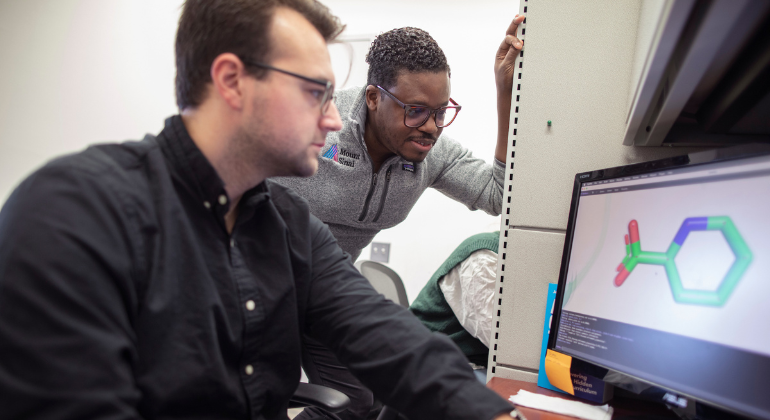
Mount Sinai Launches AI Small Molecule Drug Discovery Center
Apr 02, 2025 View All Press Releases

